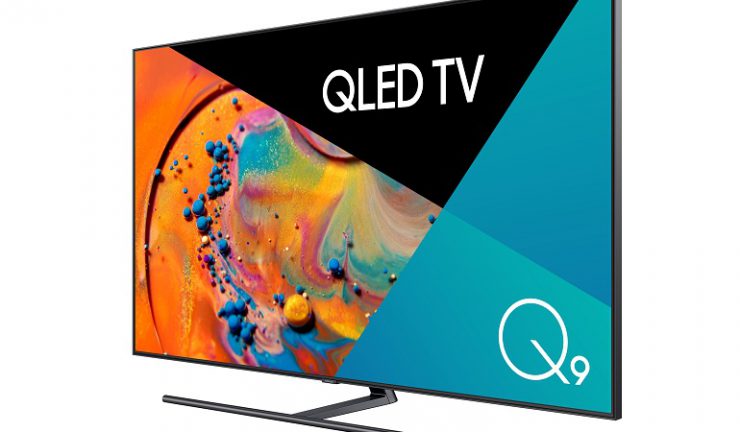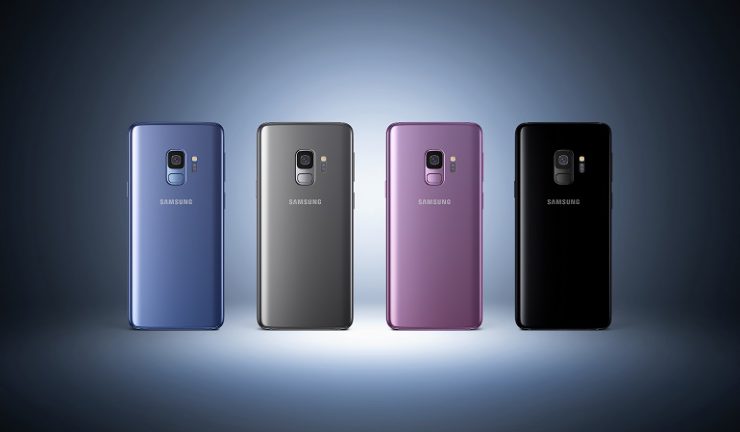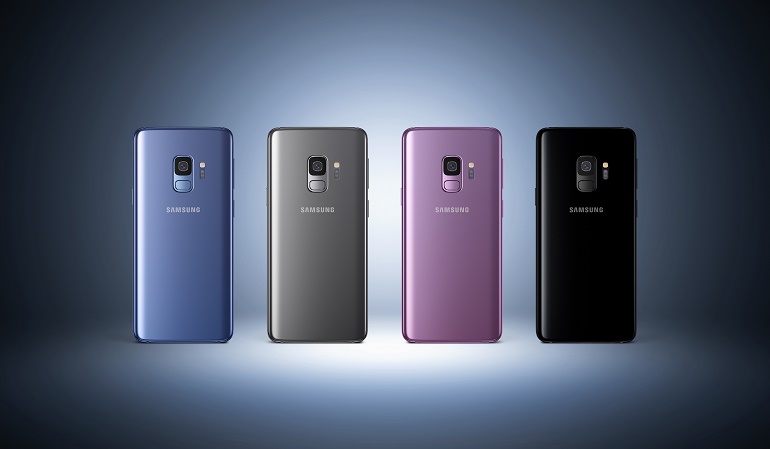Despite soft smartphone, display sales.
Operating profit for Samsung Electronics was up 6% year-on-year to KRW 14.87 trillion ($17.93 billion) for the second quarter ended 30 June, 2018. Robust demand for memory chips contributed to the higher operating profit.
However, softer smartphone and display panel sales contributed to a 4% dip in revenue to KRW 58.48 trillion ($70.5 billion).
The Korean won weakened against the US dollar but rose against the Euro and other key currencies, resulting in a negative impact of net KRW 400 billion ($480 million) on the quarterly operating profit.
Display business
Samsung reported stronger sales of its premium QLED TVs, helped by the FIFA World Cup to lift profits in the consumer electronics division.
Following a successful restructure of its product line-up, Samsung led expansion of the premium TV market, winning more than 50% market share in the ultra-large screen segment of 75-inches and above.

However, there was weak demand for flexible OLED panels in the second quarter while shipments and prices for LCD panels also fell. Looking ahead, Samsung expects growing demand for flexible OLED panels to drive earnings higher in the second half.
Flexible OLED shipments are expected to rise, even as competition intensifies. The company will also leverage its strength in OLED panels to take advantage of wider applications in the IT and automotive industries.
Earnings will continue to improve as Samsung expands sales of new innovative premium models including QLED and 8K TVs. For LCD, Samsung expects demand to grow in the second half for premium TV panels that are used in high resolution and ultra-large models, amid peak seasonality.
The industry’s first AI-based 8K QLED TV, due for release in the second half, is expected to further solidify its position as a leader in the premium TV market.
Smartphone business
The IT and mobile communications division reported a drop in earnings, both year-on-year and quarter-on-quarter, due to slow sales of the Galaxy S9 and S9+. Quarterly operating profit dropped due to higher marketing expenses.

Samsung expects the mobile market to remain challenging in the second half amid pricing competition and new product launches. The company will respond through the early introduction of the Galaxy Note and competitive mid and low-end models with new features.
Samsung will continue to reinforce product competitiveness based on hardware leadership by adopting cutting-edge technology and new form factors and gaining leadership in 5G. Based on the Bixby ecosystem which connects smartphones, TVs refrigerators and other IoT devices, the company aims to offer personalized service and create synergy with other services such as Samsung Pay.

